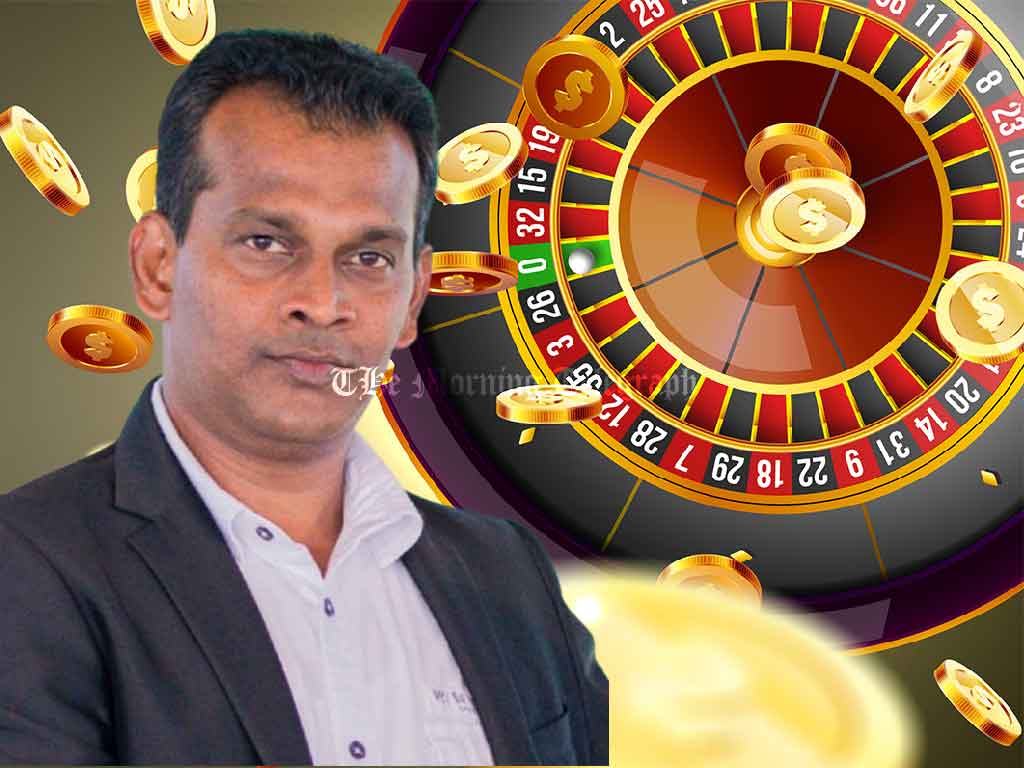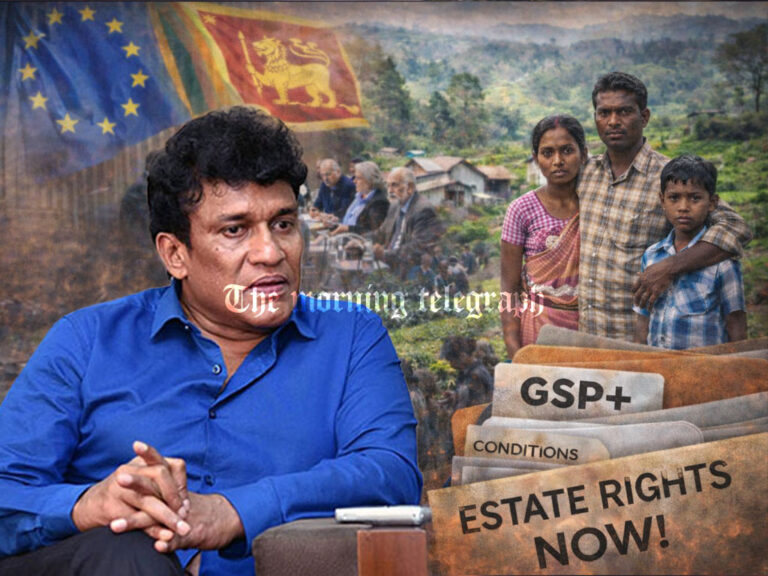
Deputy Minister of Tourism, Professor Ruwan Chaminda Ranasinghe, has called for the establishment of a robust casino tourism market in Sri Lanka, modeled after the flourishing casino industries in India and other countries in the region. Speaking during a televised discussion, the Deputy Minister emphasized that such a market could become a cornerstone of Sri Lanka’s tourism strategy, drawing international tourists and significantly increasing foreign revenue.
Professor Ranasinghe highlighted that nations like Vietnam and Cambodia have successfully positioned themselves as attractive destinations for casino tourism, leveraging this niche to diversify their tourism offerings. “These countries have created systems that attract tourists specifically for their gaming markets while contributing substantially to their national economies. Sri Lanka has the potential to replicate and even surpass their success with the right policies,” he said.
The Deputy Minister suggested implementing stringent regulations to govern casino operations, ensuring that locals are not adversely affected and that the initiative is targeted primarily at international visitors. By introducing controlled access for Sri Lankan citizens and focusing on tourists, the government could mitigate potential social concerns while maximizing economic benefits.
Additionally, he proposed that casino tourism could be integrated into larger tourism packages, including luxury resorts, cultural experiences, and wellness tourism, to create a comprehensive offering that appeals to high-net-worth individuals. “We need to think big. Sri Lanka must position itself as a premium destination where tourists can experience world-class entertainment while enjoying our natural and cultural heritage,” he added.
The Deputy Minister’s remarks come amid efforts by the government to revitalize the tourism sector, which has faced challenges in recent years due to global economic conditions and the aftermath of the COVID-19 pandemic. Establishing a casino tourism market, he argued, could be a game-changer in achieving the sector’s ambitious targets for growth and revenue.
Professor Ranasinghe assured that discussions are ongoing to evaluate the feasibility of such a proposal, including consultations with industry stakeholders and international experts to ensure a balanced and sustainable approach.




